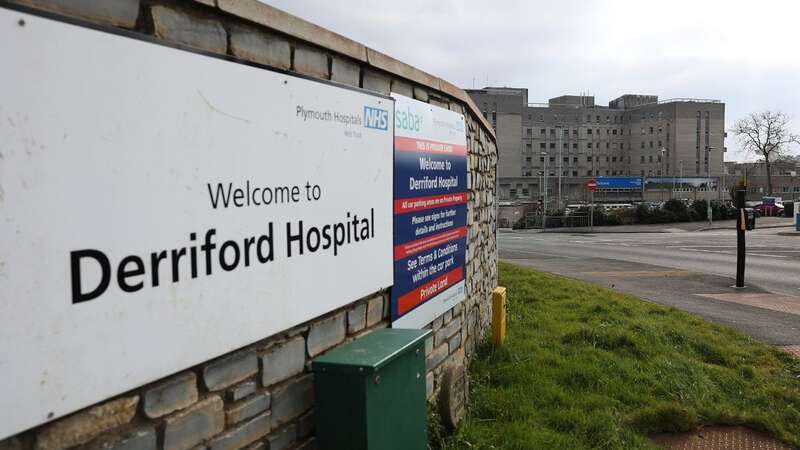

A hospital has declared a critical as it struggles to cope with high demand in its Accident and Emergency department.
The incident is the fourth declared by the University Hospitals Plymouth NHS Trust so far in 2024. Bosses made the decision on Sunday as a result of to high occupancy and people were urged to call 111 if their emergency is not life threatening.
In a statement on its website, Derriford Hospital said: “We have declared a critical incident. This is due to high occupancy within the hospital.
“Our Emergency Department is currently very full and if you do not have an emergency or life-threatening condition, you may be redirected to other healthcare services. These include NHS 111, our Urgent Treatment Centre at the Cumberland centre, and our Minor Injury Units at Kingsbridge and Tavistock. You may also be advised to use local pharmacies or to contact your GP.
“Our colleagues are working hard to prioritise patients based on their clinical need and move patients to the right place for them as soon as possible. If you have a very serious or life-threatening emergency, we are here for you, but otherwise, if you need urgent care, we ask you please to call NHS 111 or use NHS 111 online.
 Brit 'saw her insides' after being cut open by propeller on luxury diving trip
Brit 'saw her insides' after being cut open by propeller on luxury diving trip
"Please use our Emergency Department if you have a life-threatening emergency. Please be aware our service, like the wider NHS and local health and care system, is very busy."
The first critical incident was declared on January 5 and lasted several days. The next came on January 22 lasting eight days, followed by a third on February 7.
Those with minor illnesses are urged to visit local GP surgeries or pharmacies. Last month it was reported more than 1.5million patients waited 12 hours or more after arriving at A&E in England in the past year. Hospital chiefs last night warned that ministers urgently need to draw up a plan to fix the over-stretched health service.
Figures uncovered by the Liberal Democrats show that 1,540,945 people waited 12 hours before being admitted, transferred or discharged in the 12 months to the end of last month. This equates to almost one in ten (9.6%) patients, five times higher than the NHS requirement that no more than 2% of patients should wait 12 hours or more from their time of arrival at A&E.
Last month saw the worst figures with a record 177,805, facing A&E waits longer than that time, which works out at 12.4% of patients. At Blackpool Teaching Hospitals, over one in four (26.3%) patients in January faced A&E delays of 12 hours or more, the worst in the country.